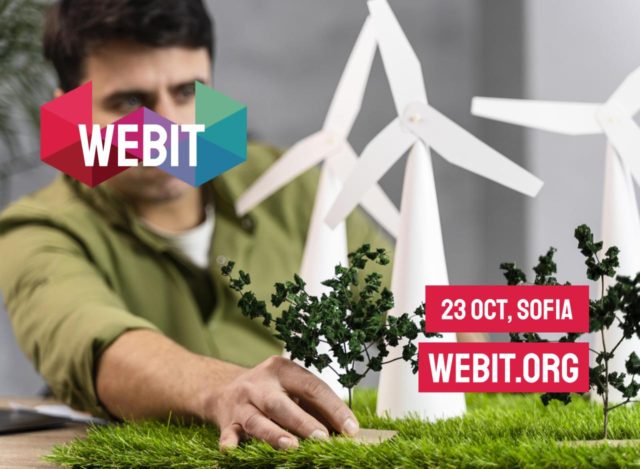In the face of growing environmental challenges, from climate change to resource depletion, the business world has begun shifting toward sustainability. Companies worldwide are realizing the necessity and potential profitability of operating in ways that minimize their environmental impact. This movement is driving the emergence of a greener economy, one in which sustainability and business growth go hand in hand. Here’s how businesses are leading the charge toward a more environmentally conscious future.
1. Corporate Sustainability Strategies

Many companies are embedding sustainability into their core strategies. Instead of treating environmental initiatives as side projects, businesses are now integrating sustainable practices into everything from supply chain management to product design. Major corporations such as Unilever, Patagonia, and IKEA have set bold sustainability goals—ranging from achieving net-zero emissions to using only renewable materials.
This strategic shift often includes setting science-based targets for reducing greenhouse gas emissions, improving water efficiency, and decreasing waste. By aligning their business models with environmental sustainability, these companies are not only reducing their ecological footprints but also future-proofing their operations in a world with increasing regulatory pressure and resource scarcity.
2. Embracing Renewable Energy
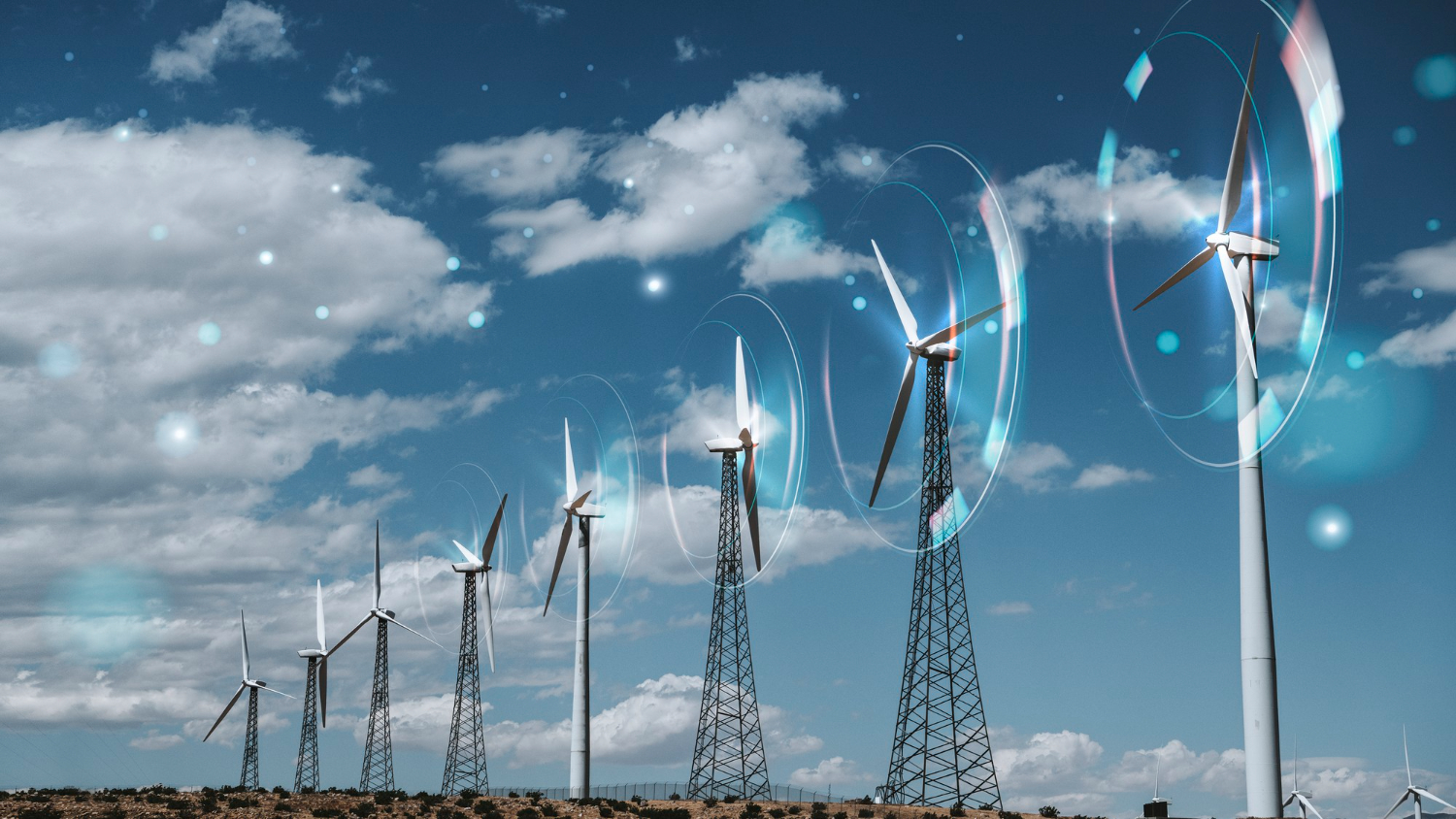
The global energy landscape is rapidly changing, and businesses are playing a critical role in the transition to renewable energy. Tech giants like Google and Amazon have committed to powering their operations with 100% renewable energy, either through direct investment in renewable energy projects or by purchasing renewable energy credits.
This shift is driven by a combination of factors, including the falling costs of solar and wind energy, growing consumer demand for environmentally responsible companies, and government incentives for clean energy. By adopting renewable energy, businesses are cutting down on their carbon footprints while also gaining a competitive edge in a world where environmental awareness is rising.
3. Innovative Product Development
A critical aspect of building a greener economy involves developing products and services that minimize environmental harm. Businesses are increasingly designing products with the entire lifecycle in mind, focusing on reducing the environmental impact from production to disposal.
For example, Tesla is revolutionizing the automotive industry by creating electric vehicles (EVs) that run on clean energy instead of fossil fuels. Similarly, many companies are adopting circular economy principles, designing products that can be easily repaired, reused, or recycled, thereby reducing waste and promoting resource efficiency.
Packaging innovation is another area where businesses are making strides. Biodegradable, recyclable, and reusable packaging options are replacing traditional single-use plastics, contributing to waste reduction and addressing one of the planet’s most pressing environmental issues.
4. Sustainable Supply Chains
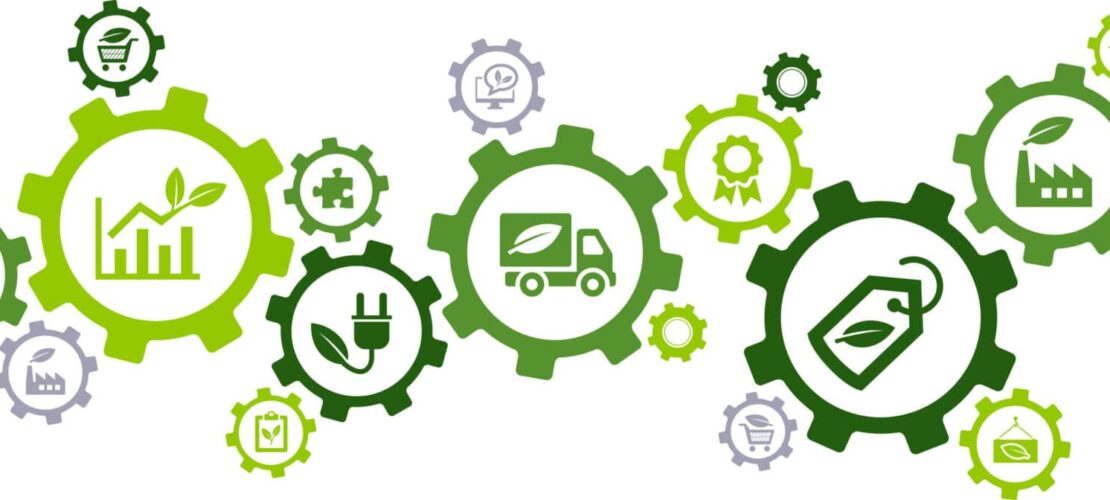
Sustainability doesn’t stop at a company’s own operations; it extends throughout the entire supply chain. Businesses are increasingly scrutinizing their suppliers to ensure that they adhere to environmental and social standards, fostering greener supply chains.
For instance, companies in the fashion industry are collaborating with eco-friendly textile manufacturers, while food companies are seeking out sustainable agriculture practices. Some are also partnering with local suppliers to reduce transportation-related emissions and promote local economies.
Furthermore, businesses are using blockchain technology to enhance supply chain transparency. This innovation allows companies to track products from the source to the consumer, ensuring that environmental standards are maintained throughout the production process.
5. Circular Economy Models
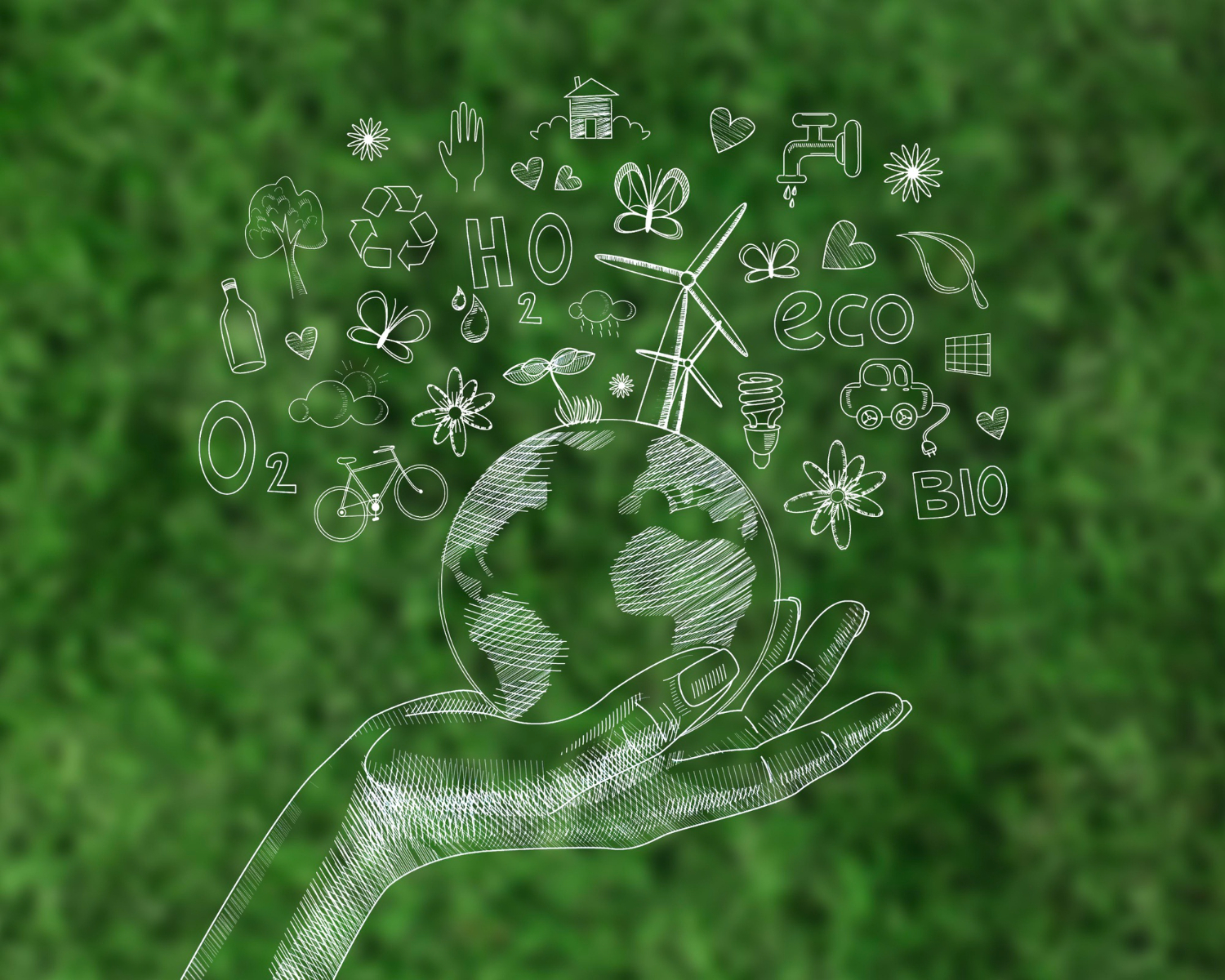
The linear “take-make-dispose” model of production is rapidly being replaced by circular economy models, which focus on keeping resources in use for as long as possible. Businesses are increasingly embracing circularity to reduce waste, lower costs, and support long-term environmental sustainability.
For example, Apple has made significant strides in developing closed-loop supply chains by recovering valuable materials from old devices to create new ones. Similarly, companies like Adidas have launched programs to collect and recycle used products, turning waste into new, high-quality goods.
By promoting circularity, businesses are not only helping to conserve resources but also gaining new opportunities for innovation and value creation.
6. Green Financing

The financial sector is also a crucial player in the shift toward a greener economy. Green bonds, sustainable investing, and climate-related financial disclosures are becoming more common as investors seek out environmentally responsible opportunities.
Many businesses are now tapping into green finance to fund renewable energy projects, energy efficiency upgrades, and other sustainability initiatives. Banks and financial institutions are also aligning their lending practices with environmental goals by offering preferential loan terms to companies with strong sustainability credentials.
This growing interest in green financing is accelerating the transition to a low-carbon economy by making it easier for businesses to access the capital they need to implement sustainability projects.
7. Consumer Demand and Corporate Responsibility
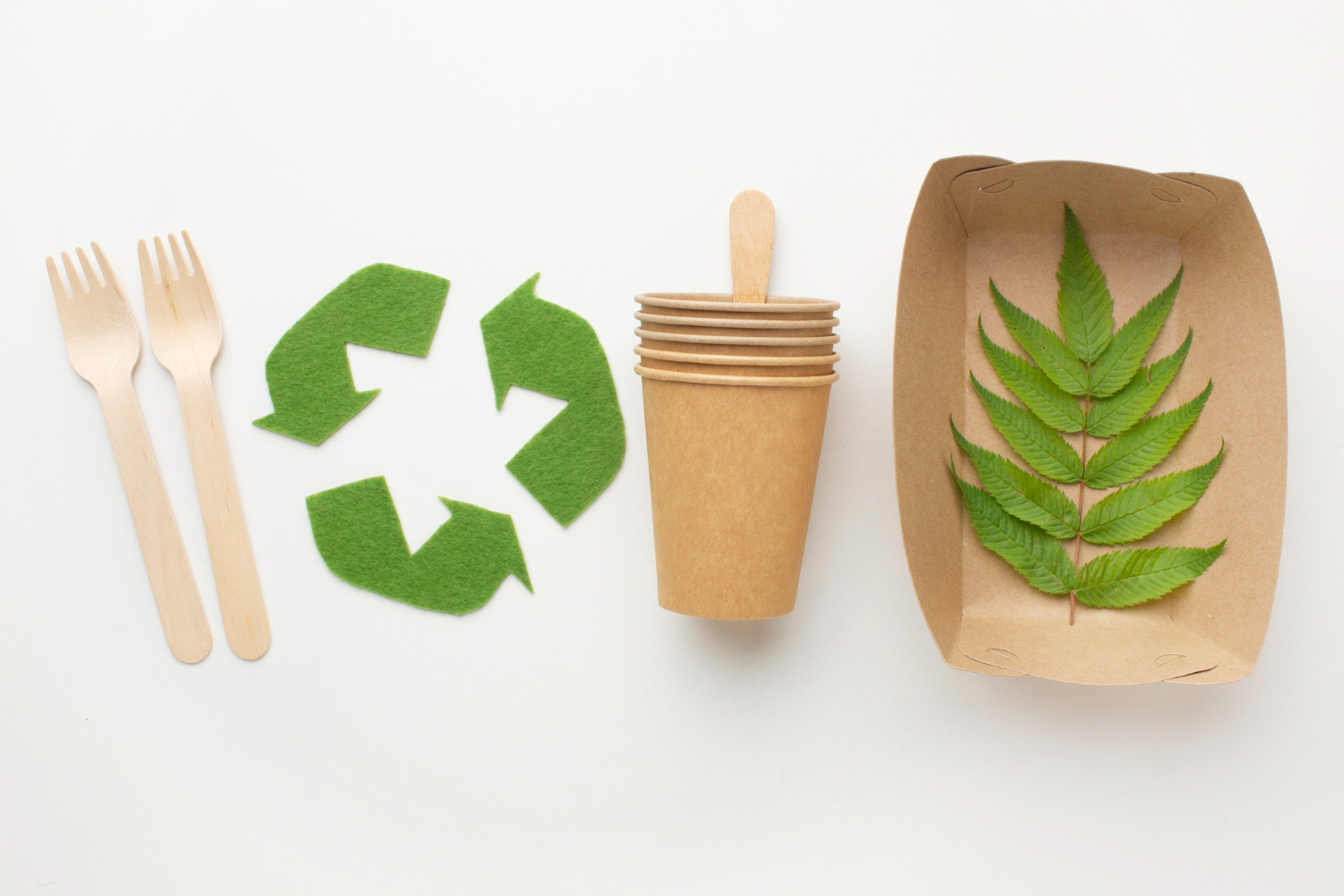
Consumer behavior is another key factor driving the shift toward a greener economy. As awareness of environmental issues grows, customers are increasingly seeking out products and services from companies that prioritize sustainability. Brands that can demonstrate their environmental commitment are gaining a competitive advantage, while those that fail to address sustainability are at risk of losing market share.
This shift in consumer expectations has led many businesses to adopt more transparent practices. Companies are now offering environmental impact reports, carbon labels on products, and clearer information on sourcing and production processes. This transparency not only builds consumer trust but also pressures competitors to follow suit, creating a ripple effect throughout entire industries.
8. Public-Private Partnerships

In addition to individual business efforts, collaboration between businesses, governments, and non-governmental organizations (NGOs) is essential to creating a sustainable economy. Public-private partnerships are facilitating the development of green infrastructure, such as energy-efficient buildings and low-emission transportation systems.
For instance, government programs that support renewable energy development are being bolstered by corporate investments, accelerating the deployment of clean technologies. Similarly, partnerships with NGOs are helping businesses address environmental challenges that require collective action, such as ocean plastic pollution and deforestation.
These collaborations are essential in creating an enabling environment for sustainable business practices, allowing companies to scale up their environmental efforts and make a more significant impact.
Conclusion: The Future of the Greener Economy
Businesses are leading the way toward a greener economy by rethinking how they operate and how they deliver value to customers. Through sustainability strategies, innovation, and partnerships, they are not only reducing their environmental impact but also uncovering new opportunities for growth and differentiation.
As this momentum continues, the greener economy will no longer be a niche trend—it will become the new standard for doing business. Companies that invest in sustainability today are positioning themselves to thrive in a future where economic success and environmental responsibility go hand in hand.

Join the discussion and learn from global leaders in the industry on the 23rd of October in Sofia. https://www.webit.org/festival-europe/index.php
#WebitFestival2024 is an exciting opportunity for industry leaders and experts to come together to discuss the latest trends and developments in the field of sustainability in the future.
Check our ticket options here:
https://www.webit.org/festival-europe/tickets.php
